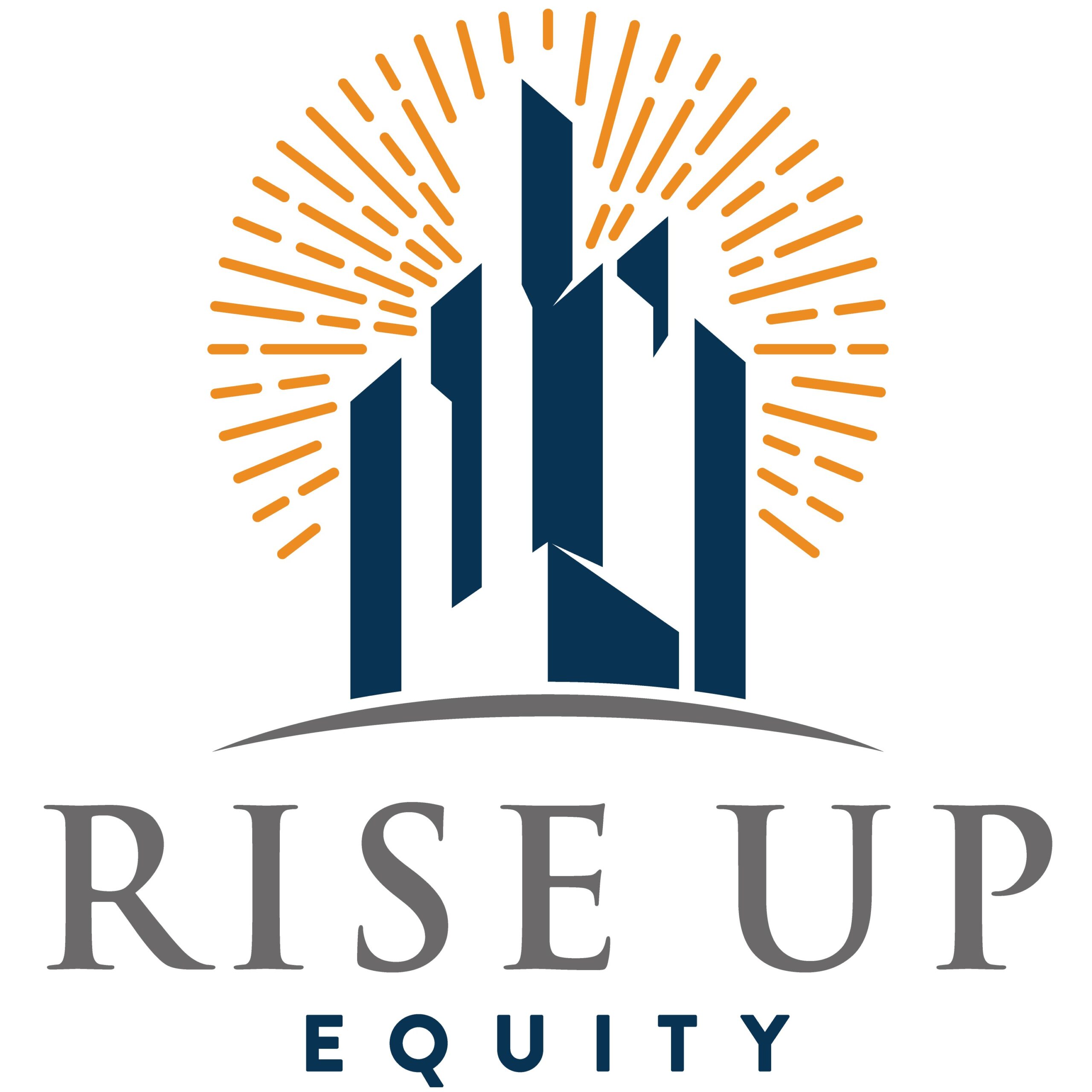
FAQ
What is a Syndication?
A syndication is a pooling of resources which allows individuals to own part of an investment which is larger than could be purchased or managed individually.
What is a General Partner?
General Partners, also called Sponsors or Co-Sponsors, are the managers of a syndication. This involves roles such as acquisition, financing, asset management, and investor relations.
What is a Limited Partner?
Limited Partners, also called Passive Investors, invest in a syndication for financial return but do not make day-to-day management / operational decisions.
What is the minimum investment?
Most of our multifamily syndications have a minimum investment amount of $75,000. However, this varies from deal to deal, with a typical minimum investment range of $50,000 – $100,000.
Can anyone invest in a syndication?
The suitability of an investor will be determined by the General Partners for each deal, utilizing pre-existing knowledge of the investor and reviewing answers to the financial questionnaire included in the subscription paperwork for each deal. Investors are typically classified as Accredited Investors or Sophisticated Investors, and certain deal structures will only allow Accredited Investors.
Generally speaking, the sponsors may refuse an investor’s participation in a deal if they believe the investor does not have the knowledge to evaluate the risks of an investment or the financial means to handle a potential loss of investment.
What is an Accredited Investor?
An Accredited Investor is someone who:
- Earned $200,000+ per year individually or $300,000+ per year jointly with a spouse for the last two years, and reasonably expects to earn the same in the current year, or
- Has a net worth, or joint net worth with a spouse, over $1,000,000 (not including primary residence).
The two categories above are the most frequently used criteria to determine Accredited Investor status, but you may qualify under additional categories based on professional knowledge / experience, etc. For a more extensive definition of qualifying categories, see SEC Rule 501 of Regulation D.
What is a Sophisticated Investor?
Most of our investment offerings are done under SEC Rule 506(b) and thus accept a limited number of Sophisticated Investors. A Sophisticated Investor is someone who does not meet the definition of an Accredited Investor but has sufficient knowledge and experience in financial and business matters to make them capable of evaluating the merits and risks of a prospective investment.
Is my investment liquid? (Can I exit the deal whenever I want?)
No, investments in multifamily syndications are not liquid. An investor should expect that the initial investment will not be returned until the property is sold (or in some cases, refinanced), which may be 5 years or more, depending on the details of the particular investment.
What is a typical return on investment?
We aim for at least 8% cash-on-cash return annualized over the life of the deal, as well as additional proceeds from a refinance or sale. Combining both cash flow and disposition proceeds, a common return target is to double your money over the lifetime of the deal, typically 5-7 years.
Can I invest with an IRA or 401(k)?
Many investors utilize their retirement funds from a Self-Directed IRA (SDIRA) or Qualified Retirement Plan (QRP) to invest. Unless you specifically set your account up in this manner, this is not likely the type of account you have. It may be possible to convert a traditional IRA or 401(k) from a previous employer into one of these accounts. Check with a tax advisor / CPA with real estate investing experience to learn more.
What is Net Operating Income (NOI)?
NOI = Net Income – Expenses (excluding interest, principal, etc.)
The value of a multifamily property is determined by dividing the NOI by the Cap Rate.
What is a Cap Rate?
Cap Rate measures a property’s rate of return for one year without considering debt on the asset; it varies based on the market for different areas of the country.
The value of a multifamily property is determined by dividing the NOI by the Cap Rate.
What is the difference between Value-Add, Hybrid, and Yield style investments?
A Value-Add multifamily investment is one in which significant opportunities exist to improve the NOI of a property (and thus value) through improvements to the physical condition and / or operational efficiency; it may not be cash flow positive when purchased. A property purchased for Yield is likely already in stable condition, managed efficiently, and cash flowing when purchased. A Hybrid investment is somewhere in the middle – it may also be cash flowing upon purchase but still have some opportunities to increase NOI through rehab and operational efficiency improvements.
Still have questions? Want something added to the list? Get in touch and let’s talk!
